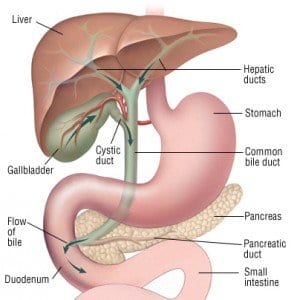
Type 2 Diabetes Medications Causing Pancreatitis
According to new research, those who are taking the newest class of diabetic drugs in order to control blood sugar are more likely to become hospitalized with pancreatitis.
Scientists say that the glucagon-like peptide-1-based therapies (GLP-1) of the new drugs is the culprit for the increased risk of hospitalization for acute pancreatitis. Sitagliptin (brand named Janivia) and Extenatide (brand named Byetta) are suggested to contribute to the formation of lesions within the pancreas and the introductions of ducts in the organ. This causes an increased amount of inflammation.








